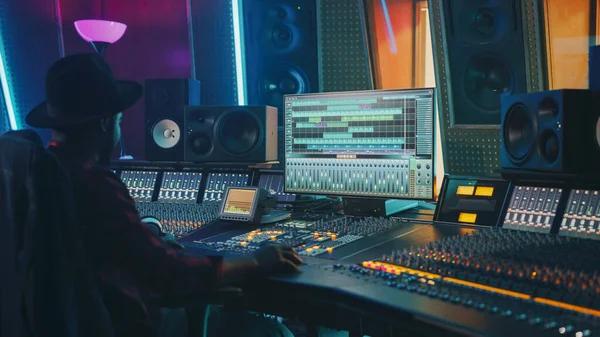Achieving professional sound quality in music production is a task that requires skill, knowledge, and attention to detail. Whether you are an experienced producer or just starting out, there are several essential tips that can significantly improve your output.
Firstly, it’s crucial to understand the importance of having good recording equipment. While it may be tempting to cut corners when purchasing microphones and audio interfaces due to their high cost, this will only result in poor-quality recordings that no amount of editing can fix. Investing in high-quality equipment is a must for anyone serious about producing professional-sounding music.
Secondly, room acoustics play a significant role in how recordings turn out. When recording vocals or instruments, make sure you’re doing so in a space with balanced acoustics. This means avoiding rooms with too much echo or those that are too dead sounding. You can modify the acoustic properties of your space by adding diffusers and absorbers which help manage reflections and control reverberations.
Thirdly, understanding the principles of mixing is key to achieving Essential tips for professional sound quality. Mixing involves adjusting levels, panning instruments left or right for stereo effect and applying effects like reverb and delay at appropriate levels. Each instrument should have its own ‘space’ within the mix – this is achieved through equalization (EQ), where certain frequencies are boosted or cut from each track to prevent clashing.
Another important aspect of achieving professional sound quality is mastering – the final step after mixing where all tracks are combined into one coherent piece of music with consistent volume levels across all sections. Mastering also includes enhancing specific sonic characteristics by using tools such as equalizers and compressors.
Moreover, don’t underestimate the power of silence; strategic use of pauses can enhance musical nuances making your production more dynamic and interesting to listen to.
Lastly but certainly not least important tip: always keep learning! The world of music production evolves rapidly with new technologies emerging constantly offering better and more efficient ways of doing things. Stay updated with the latest trends, software, and techniques to keep your sound fresh and competitive.
In conclusion, achieving professional sound quality in music production involves a combination of factors including using high-quality recording equipment, understanding room acoustics, mastering the art of mixing and mastering as well as continuous learning. By following these tips and investing time into honing your craft, you can create music that not only sounds professional but also stands out from the crowd.




